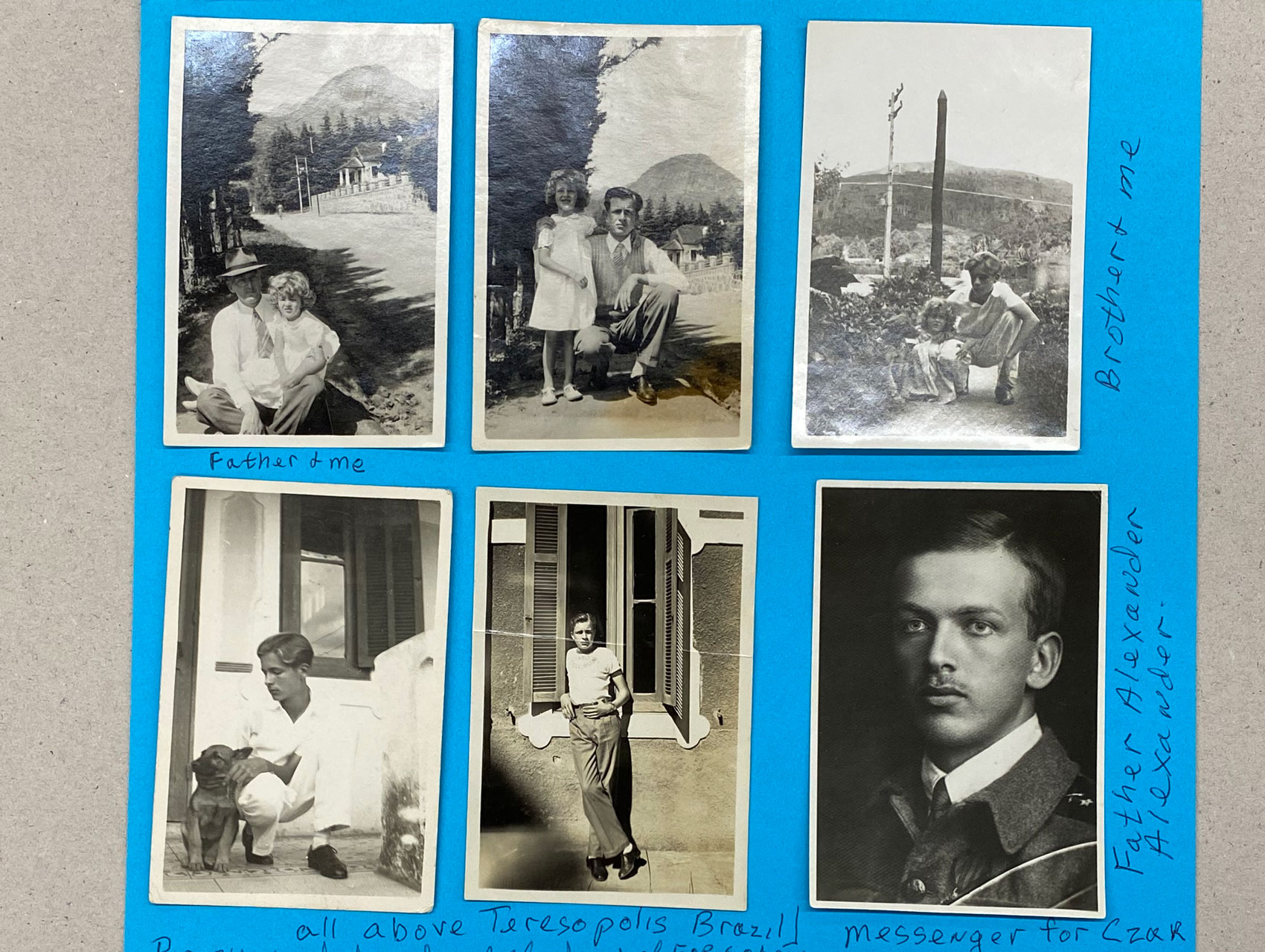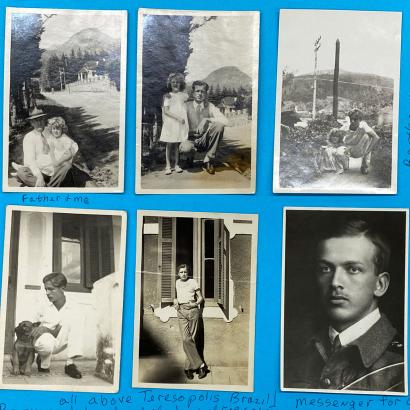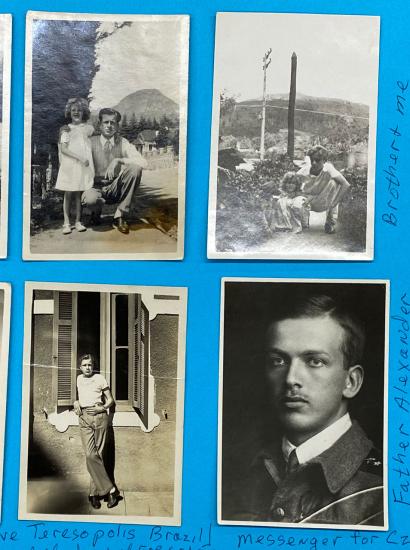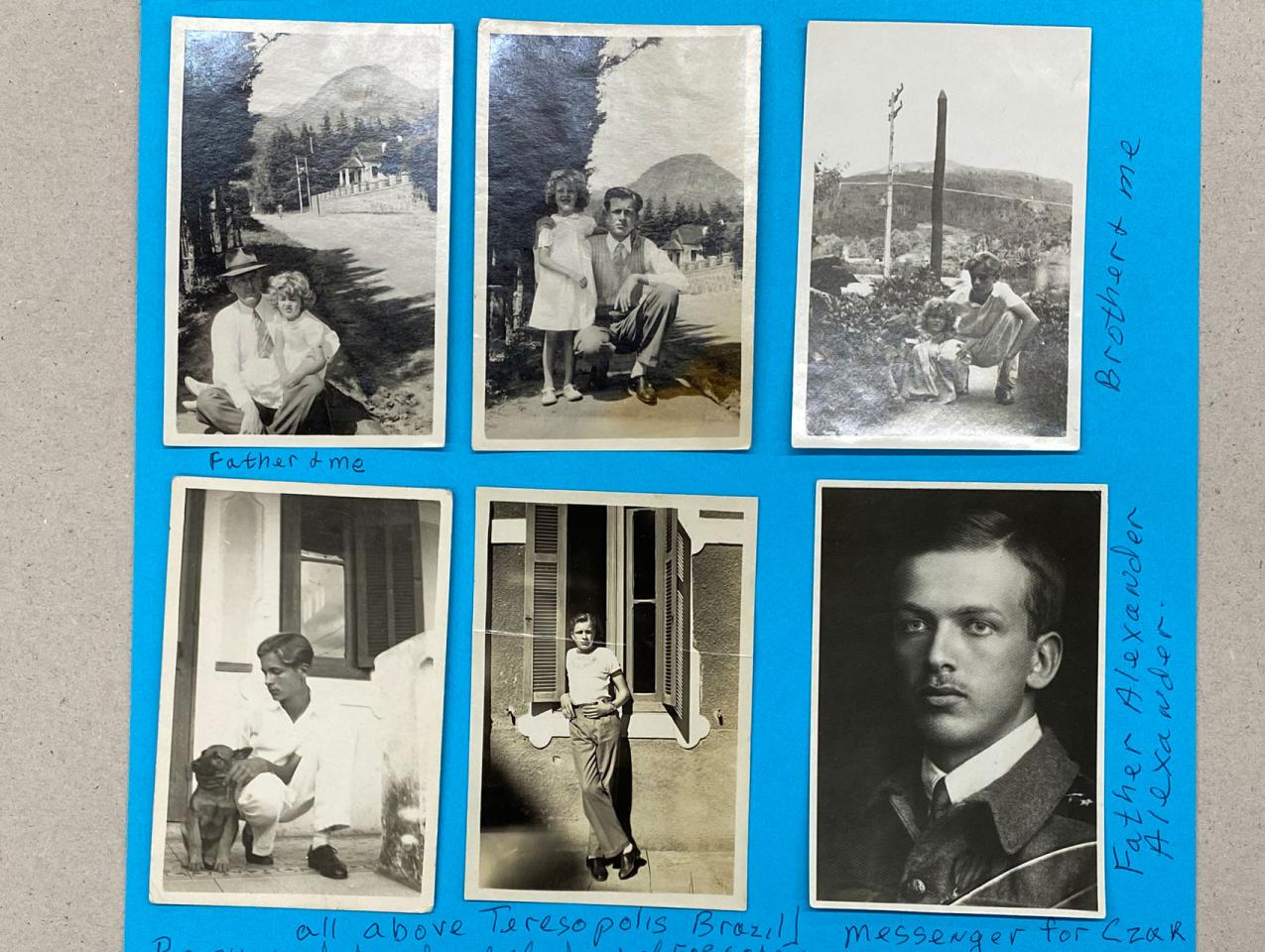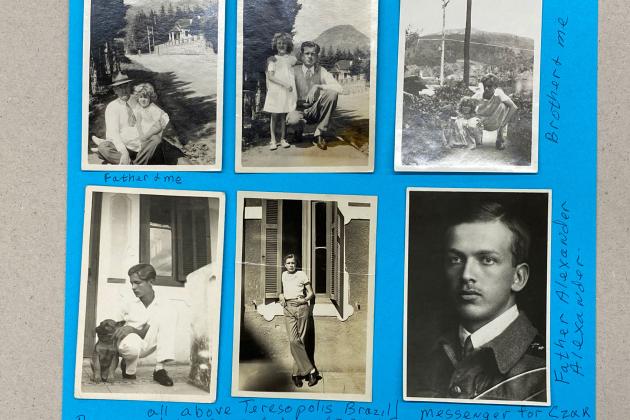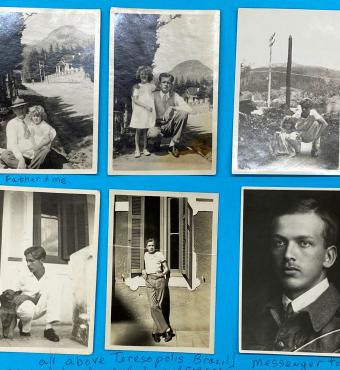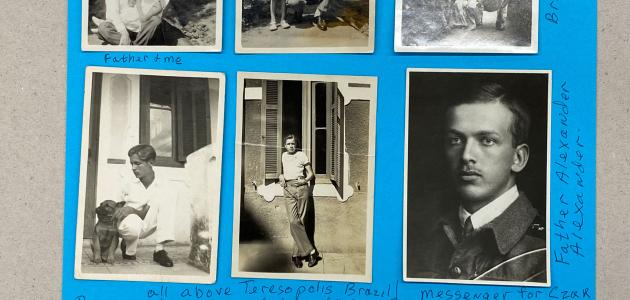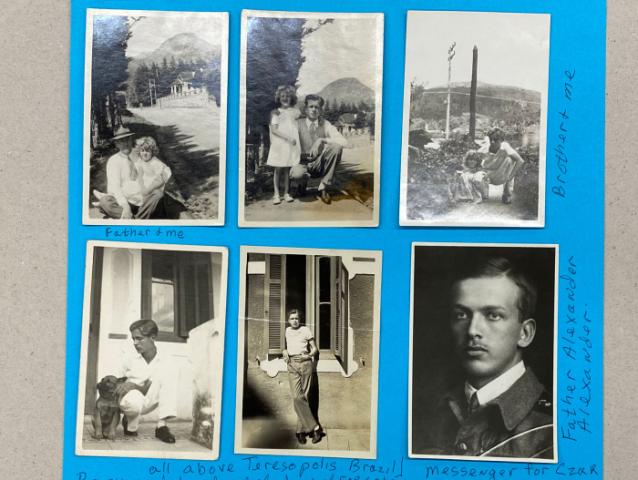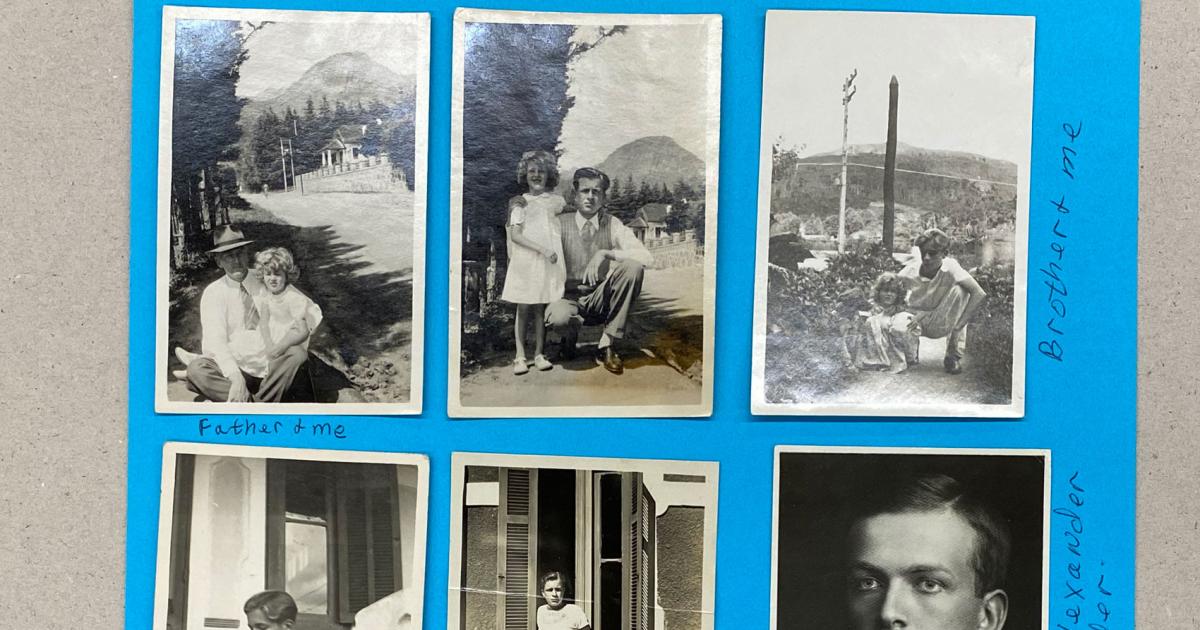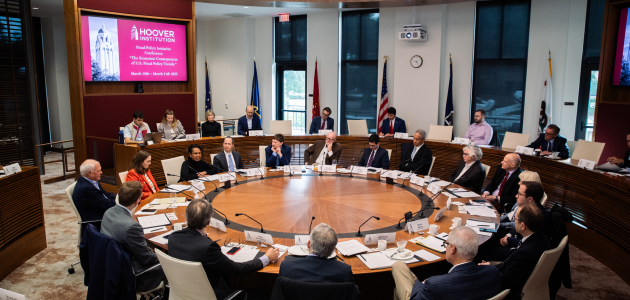The Hoover Institution Library & Archives has acquired the papers of Tatiana de Fidler, a descendant of the Morozov family: prominent Moscow merchants and industrialists best known for their patronage of the arts in pre-revolutionary Russia. Many paintings from the family’s private collections were given to the Tretyakov Art Gallery, forming some of its most spectacular holdings.
Most of the papers in this collection deal with the story of the Morozov family in exile after the 1917 Russian Revolution. Mariia Morozova (Marie Morosoff) was born in 1904. She studied piano with such prominent figures as composer Sergei Taneyev and Alexander Scriabin’s wife, Vera. Ultimately, through a fluke of fate, she failed to graduate from the Moscow Conservatory: her fiancé was executed by the Bolsheviks on the date she was scheduled to perform her final examination, and she could not go through with the concert. Marie Morosoff was able to leave the USSR in 1927 through the intercession of a high-level Communist functionary, Abel Enukidze, and settled in France, where she continued her musical endeavors and married a fellow Russian émigré, Alexander de Fidler. Both then moved to Berlin, where they lived through most of the 1930s, often traveling for her to give concerts and recitals throughout Europe (her husband was an engineer). The family, now with three children (Tatiana was born in 1944), spent most of the war years in the Italian and Austrian Alps and, after the Second World War, emigrated to Brazil, where they lived until 1955. Two years after the death of her husband in 1953, Marie Morosoff-de Fidler and her youngest daughter were able to emigrate to the United States; the older children soon followed. Marie found employment as a piano teacher at Westchester Conservatory in White Plains, New York, and at Adams State College in Colorado. With a degree from Cincinnati Conservatory finally in hand in 1958, Marie Morosoff-de Fidler soon found employment at Dartmouth College, where she taught almost until her death in Boston in 1964.
The papers reflect the lives of both Marie Morosoff and her husband, Alexander de Fidler, as well as their children and extended family members, such as New York Times war correspondent Sonia Tomara-Clarke and her husband, judge William Clarke. Researchers will also find correspondence with a wide array of prominent cultural figures, including Lydia Pasternak, Max Rudolf, Dmitri von Mohrenschildt, and others.




